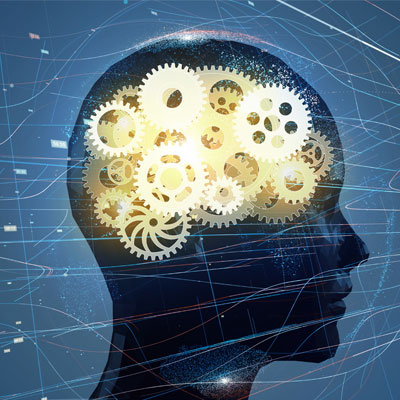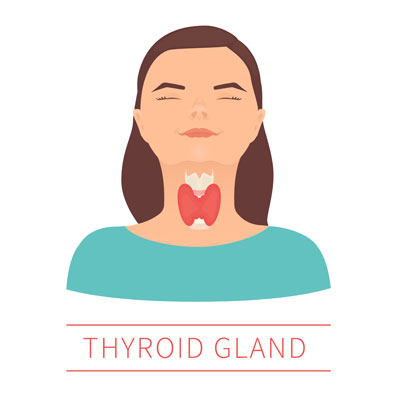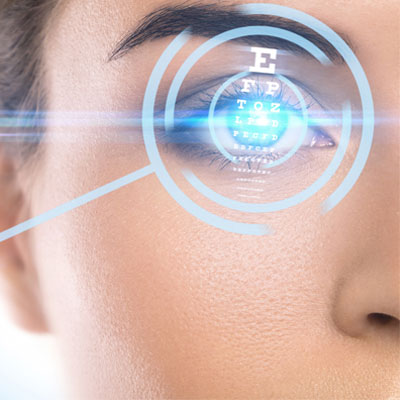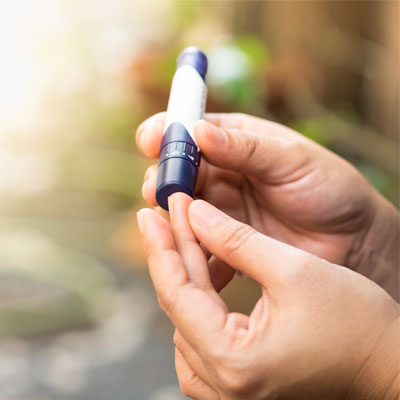Your hormone doctor prescribed HGH injections when you received a diagnosis of growth hormone deficiency. Perhaps you have been using this treatment for six months, one year, or longer. The results have been transformational, but what happens when you stop taking HGH? Will you return to how you were before you began HGH therapy?
Alcohol is good for you – alcohol is bad for you. Which is the truth? With each new study about alcohol, the tide turns, and you walk away more confused. Unfortunately, the answer is not black and white on this subject. A detailed look at how alcohol impacts HGH levels yields important information that can help you maximize your hormone production.
There is a definite connection between the consumption of alcohol and HGH levels. Alcoholic beverages contain empty calories. There is no nutritional factor of any consequence in alcohol. Your liver must work hard to process and remove that alcohol from your bloodstream. Doing so takes the liver away from its other functions. Instead of focusing on converting the food you eat into usable fuel for later, the liver must deal with the alcohol. For that reason, many people often experience a significant drop in blood sugar in the middle of the night after an evening of drinking.
One well-deserved fear of aging adults is memory loss. Whether we are looking at mild forgetfulness, dementia, or Trusted sourceWhat Is Alzheimer’s Disease?Alzheimer`s associationGo to sourceAlzheimer’s disease , the concern is the same – and justified. Trusted sourceAlzheimer's Disease Fact SheetU.S Department of Health & Human ServicesGo to sourceRoughly 5.7 million adults in America have Alzheimer’s right now. 200,000 of them are under age 65. That is why we research can HGH improve memory functions. If so, human growth hormone therapy can be a life-changer for many people.
Worldwide, dementia impacts approximately 50 million people. Nearly 10 million new cases are diagnosed each year. Before you become the next statistic, get tested for growth hormone deficiency.
Adult growth hormone deficiency (AGHD) is a well-studied multifactorial disorder that can impact all areas of a person’s life. Aside from its physiological influence on the body, growth hormone also affects many areas and functions of the brain. In this report, we look at HGH deficiency and mood swings, depression, and emotional health.
Trusted sourceHealth LineHyperthyroidismGo to sourceHyperthyroidism is a “blanket term” for any situation where too much thyroid hormone is produced by the body. For whatever the reason, the thyroid gland secretes too much thyroid hormone into the bloodstream. Thyrotoxicosis is another term for the condition, meaning elevated blood levels of thyroid hormone.
The butterfly-shaped thyroid gland can be found in the lower front of the neck. The picture above shows the difference between a normal sized and enlarged thyroid. Thyroid hormones get carried by the bloodstream to the body’s tissues.
Although the majority of growth hormone production occurs in the pituitary gland, some of the body’s other tissues also provide a small amount of GH, including in the eyes. Growth hormone originating in the eye is independent of pituitary GH. Can HGH cause eye problems if its levels decline?
Knowing what we do about growth hormone deficiency, any area of the body that responds to GH stimulus via receptor cells can suffer a decline in functions. The eyes would be no different if they do not get their normal amount of GH.
It is possible to have an HGH allergic reaction just as it is with any medication – prescription or over the counter. Any known pharmacological allergies must be reported to the prescribing doctor before beginning HGH therapy.
Allergies to human growth hormone therapy are rare. Most people who are growth hormone deficient will have no problems receiving HGH therapy safely. If you do notice any symptoms of an allergic reaction, contact your doctor at once. Of course, life-threatening responses should be directed immediately to an emergency room for treatment.
Diabetes is a term that encompasses two distinct conditions – type 1 and type 2 diabetes. Although both conditions have to do with elevated blood sugar levels, the reason for that concern is based on the type of diabetes present. In this article we will answer the question is HGH good for diabetics to use, along with the benefits for each of the two Trusted sourcetypes of diabetesAmerican Diabetes AssociationGo to sourcetypes of diabetes .
The complex relationship of human growth hormone on the body’s blood sugar levels requires an understanding of how the body metabolizes glucose.

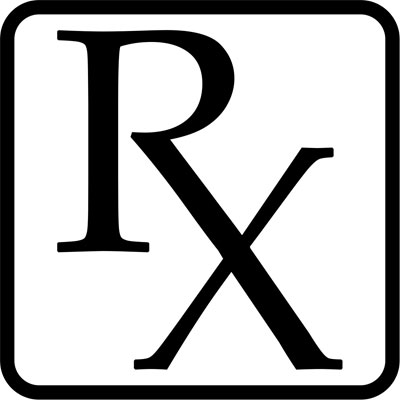
If it seems as though it is a complicated process, put aside your concerns. Any adult with the growth hormone deficiency symptoms can be tested to receive legal treatment. All it takes is the completion of a comprehensive blood analysis and physical examination.
You will provide answers about your health history, medication and supplement use, and symptoms on a detailed questionnaire. That is the process for getting growth hormone prescribed in the US.



